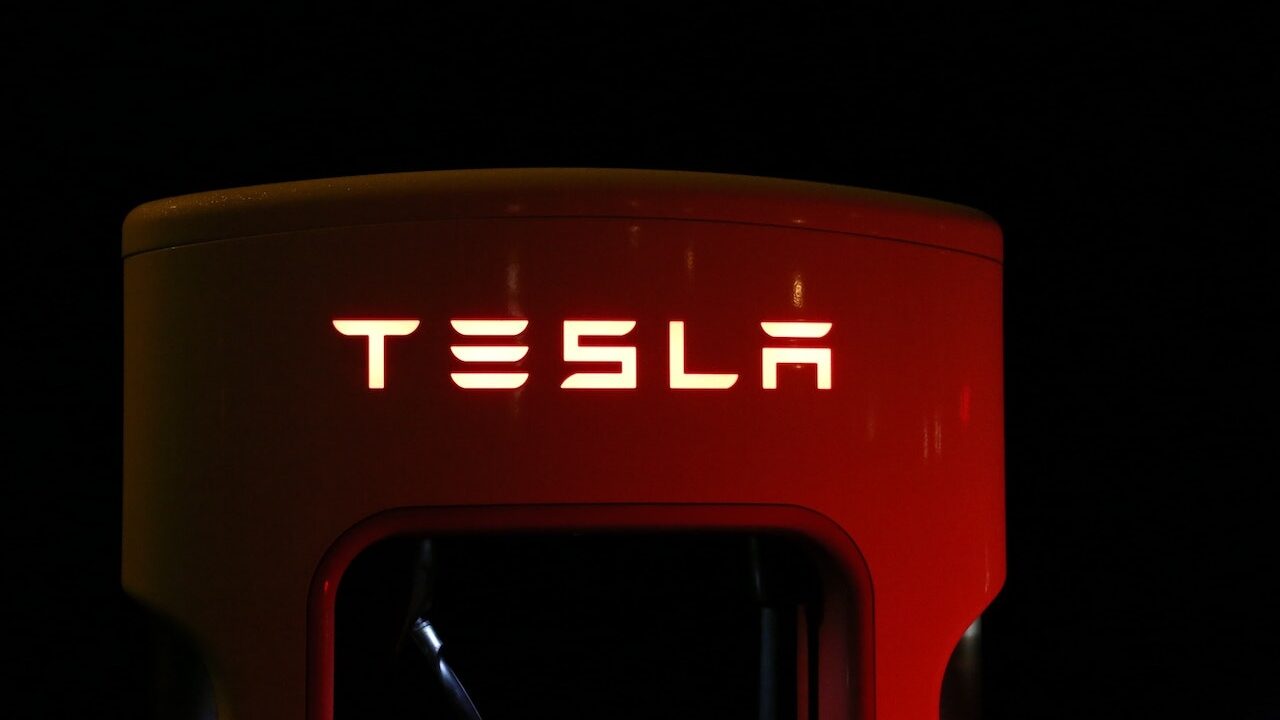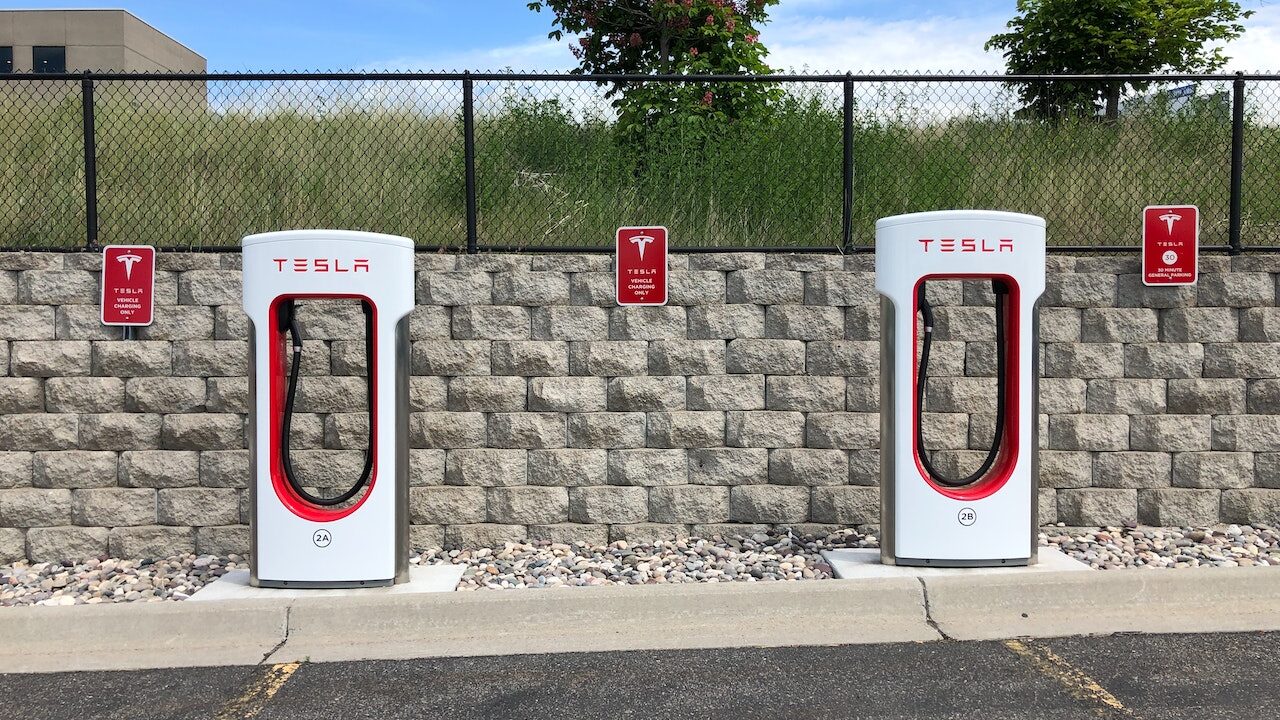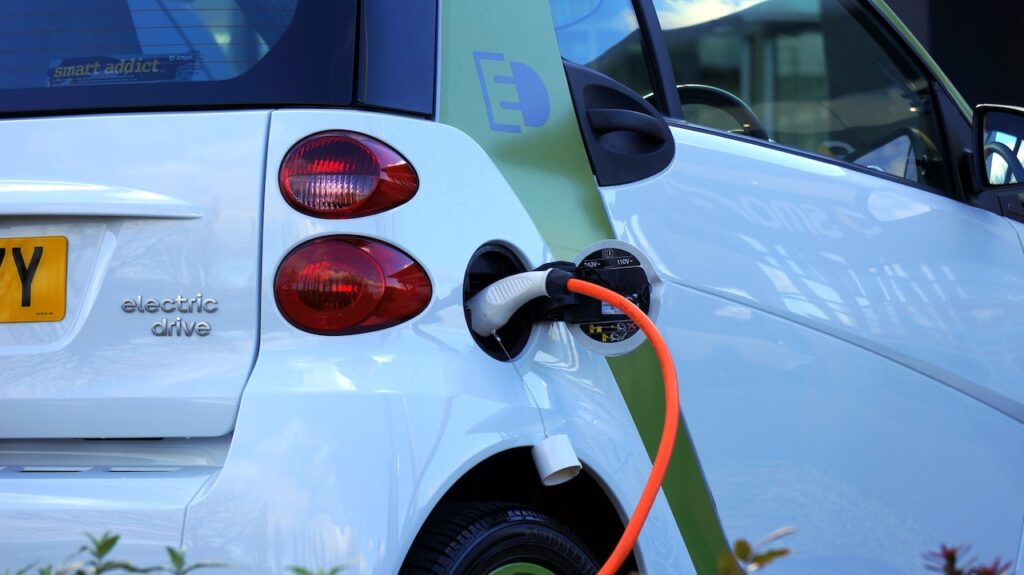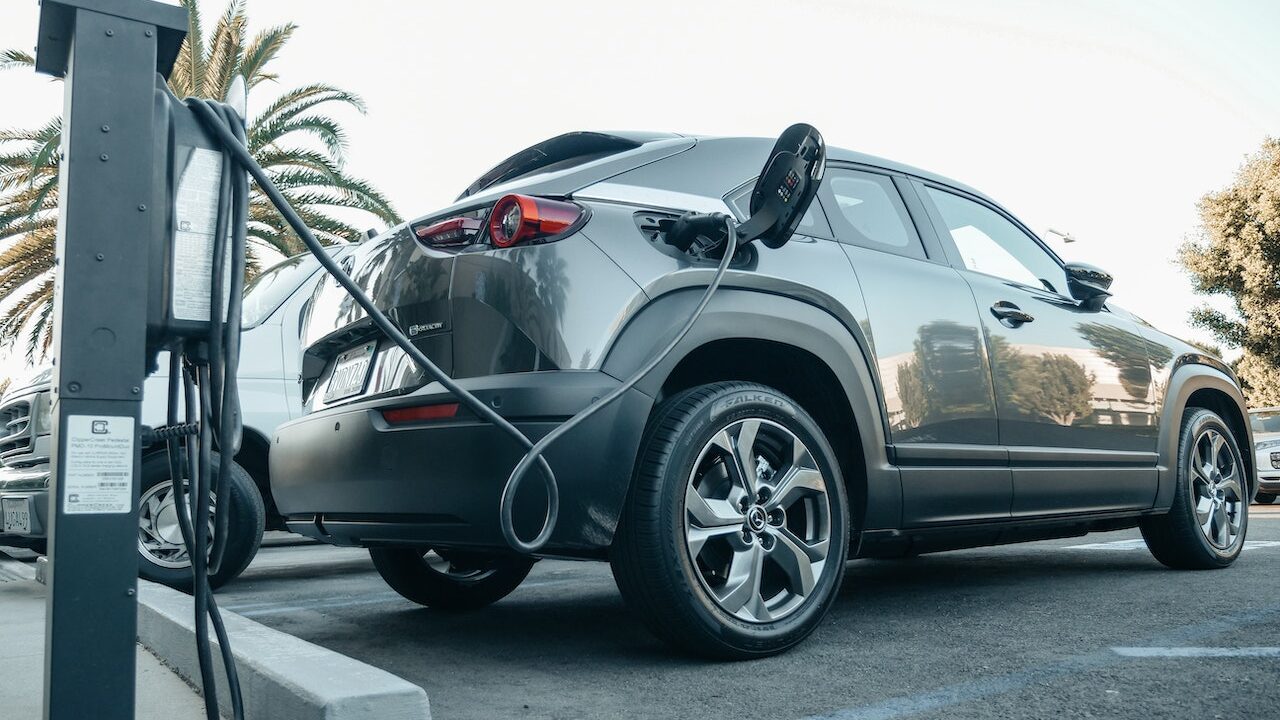
Introduction
With the promise of a greener, more sustainable future, the electric vehicle revolution has the attention of the entire globe. But is it really as ideal as it appears to be? In this engrossing blog post, we set out on a tour into the world of Electric Car Revolution, uncovering untold truths and dispelling the idea that they are a foolproof answer to our environmental problems.

The Mirage of Sustainability
Many people think that electric vehicles are naturally eco-friendly and sustainable. But the truth is more nuanced. In spite of the continuous reliance on fossil fuels in the production and supply chains of electric vehicles, we examine the difficulties of charging only from renewable energy sources.

The Dirty Secret of Battery Production
The environmental effects of lithium-ion battery production are hidden beneath the surface. We provided information on the environmental effects of extracting raw materials like lithium and cobalt. We also explore the moral issues raised by mining methods and working conditions in the battery industry.

The Illusion of Carbon Neutrality
We must look at electric vehicles throughout their whole life cycle in order to accurately estimate their environmental impact. Recognizing the difficulties, we contrast the carbon footprint of traditional internal combustion engine vehicles with that of electric cars. We also talk about the difficulties in recycling and properly getting rid of lithium-ion batteries.
Greenwashing and Corporate Interests
In order to sell their electric vehicles, some automakers use greenwashing strategies. We examine the causes of the corporate drive for electric vehicles and shed light on these practices. We also look into how political gamesmanship and lobbying affect the adoption of electric automobiles.
The Infrastructure Conundrum
There are many obstacles to building a complete charging infrastructure. We discuss the shortcomings of the existing charging technologies and the requirement for significant improvements. We also explore the burden placed on electricity grids and the potential repercussions of widespread use of electric automobiles.

Balancing Affordability and Accessibility
Electric vehicles are frequently very expensive, which limits their appeal to the typical consumer. We look at the issue of affordability and talk about how important it is to give more people access to sustainable transport options. We also explore projects and possible solutions that could be used to lower the cost barrier.
Displacement of Environmental Impact
While there are advantages to electric automobiles in terms of lowering emissions at the point of use, we cannot ignore the environmental effect that is being displaced. We look at the indirect effects of making electric vehicles, including rare-earth metal extraction, the carbon footprint of battery manufacturing plants, and the disposal of used batteries.
Battery Technology Advancements
Despite the difficulties involved in making batteries, technology is developing quickly. We examine the exciting advancements in battery technology, such as graphene-based batteries, solid-state batteries, and other ground-breaking ideas that are meant to increase energy storage capacity, effectiveness, and sustainability.

The Role of Government Policies
The electric car revolution is mostly shaped by governmental legislation. We explore the many laws and policies, such subsidies, tax breaks, and pollution limits, that have been put in place all around the world to support electric vehicles. We examine their usefulness, potential drawbacks, and the requirement for a thorough and well-organized strategy.
A Holistic Approach to Sustainable Transportation
We support a comprehensive strategy for sustainable mobility in order to handle the challenges brought on by the electric vehicle revolution. We look at how different approaches, such public transportation, bike infrastructure, car-sharing programs, and urban planning initiatives, might be combined. We can create a more sustainable and inclusive transport system by combining these strategies.

Conclusion: Navigating the Electric Car Revolution: A Path to Sustainable Transportation
It becomes obvious that there is no one-size-fits-all solution as the complexity and conflicts surrounding the electric car revolution are explored. Although electric cars have many benefits for the environment, it’s important to recognize their drawbacks as well. However, we must work towards a balanced and all-encompassing strategy for sustainable mobility rather than completely ignoring electric vehicles.
Collaboration between stakeholders is essential if we are to overcome the obstacles we confront. Governments should carry on their current supportive policies, encourage R&D, and make investments in infrastructure for charging. Automobile manufacturers must prioritize sustainable battery technologies and ethical material sourcing. Demanding openness, promoting alternative transportation options, and making well-informed decisions based on their unique requirements are all ways that consumers can help.
A comprehensive strategy that incorporates car-sharing programmes, bike infrastructure, public transportation, and urban planning efforts is also essential. We can develop a sustainable transportation ecosystem that reduces environmental effect while boosting accessibility and affordability by embracing diversity in solutions.
The electric vehicle revolution is not a con; instead, it is a force for transformation. We can steer the transformation in the correct way and eventually achieve a cleaner and more sustainable transport future by recognizing its complexity and working together to find answers.







